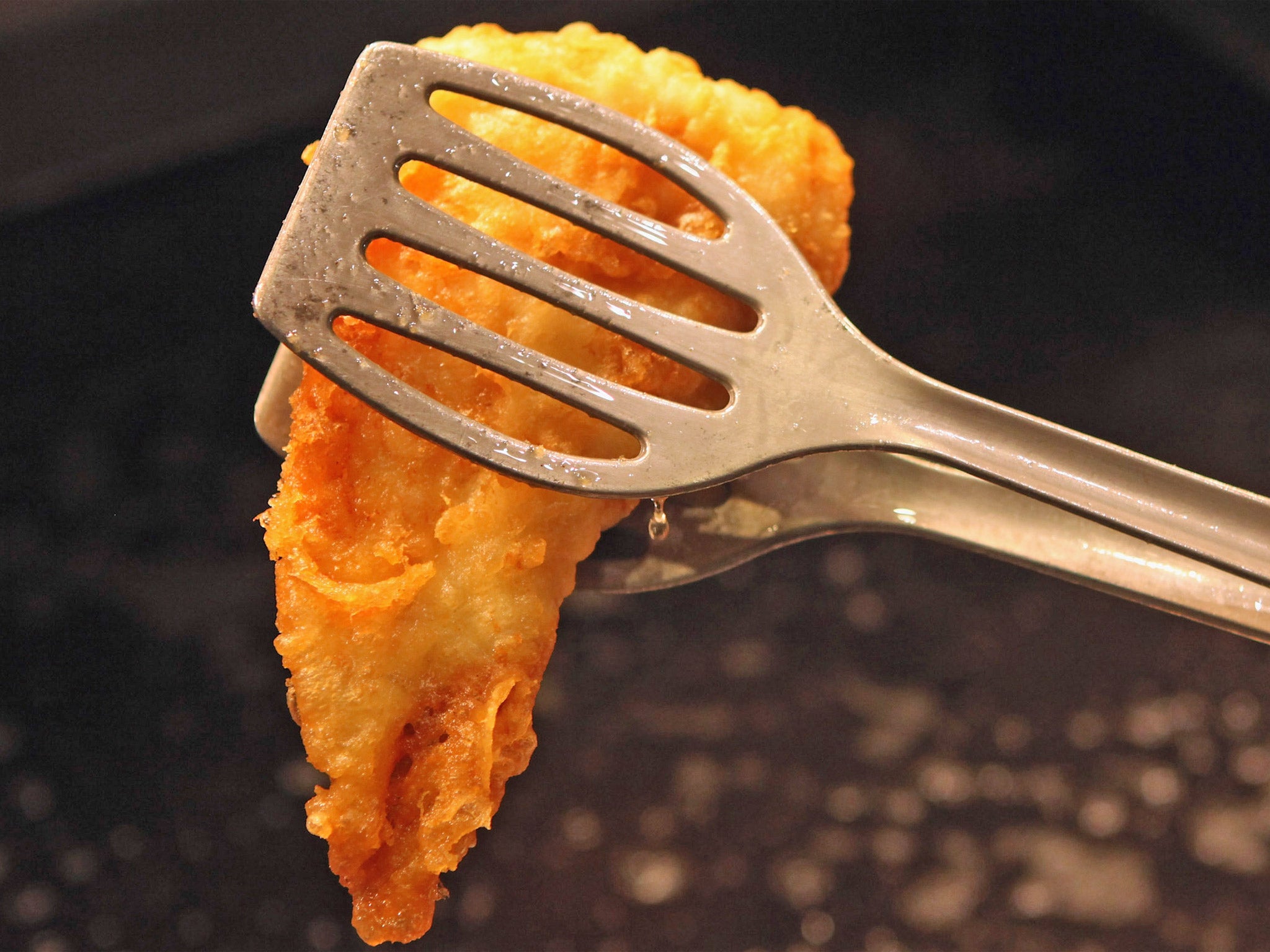Cheaper fish being passed off as cod and haddock

Consumers are being routinely cheated when they buy cod and haddock, a study has found.
Seven per cent of the time shoppers sought the white fish they were unwittingly sold cheaper pollock and Vietnamese pangasius, or catfish, according to the University of Salford.
Dr Stefano Mariani, a biologist who worked on the study, said: "Consumers should be able to go to a shop and know they are eating what they paid for".
He added that some suppliers were consistently handling fish that was proven to be mislabelled – "which suggests that a lot of mislabelling occurs before the fish gets delivered to the supermarket."
Food fraud accounts for up to 10 per cent of the money consumers spend in supermarkets, smaller shops, canteens and pubs, bars and restaurants.
Paul Williams, chief executive of Seafish, described the fraudulent mislabelling of fish as "entirely unacceptable and damaging."
He said: "Consumer confidence in the traceability of seafood is essential, and the UK seafood supply chain has robust systems and procedures in place to mitigate issues in the labelling and traceability of products."
Mr Williams, the voice of the seafood industry, went on: "But the report shows that there is still a small percentage of mislabelling, and it is essential that anyone found to be deliberately misleading consumers is dealt with immediately by Trading Standards. "
He said seafood bought from local fishmongers, reputable food outlets and supermarkets was most likely to be labelled correctly because they abided by "high standards."
Join our commenting forum
Join thought-provoking conversations, follow other Independent readers and see their replies
Comments
Bookmark popover
Removed from bookmarks